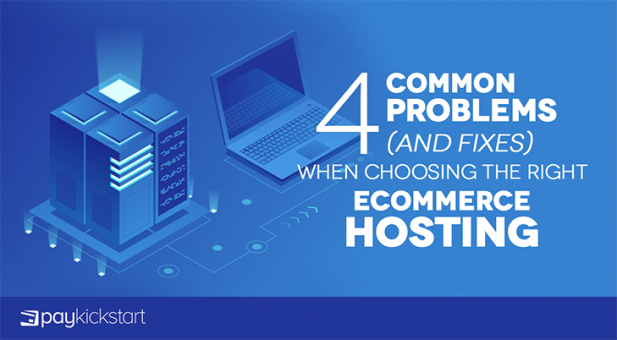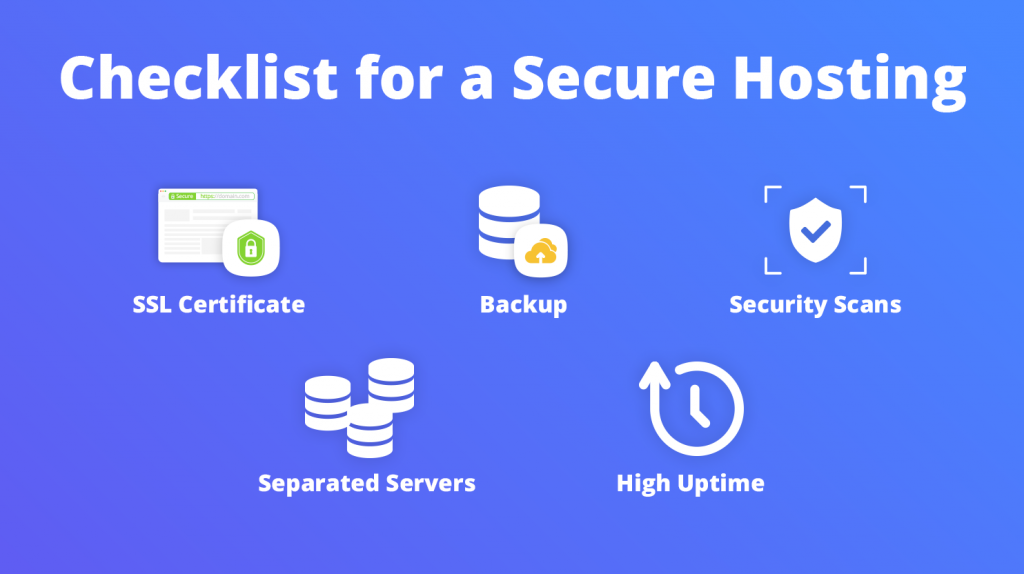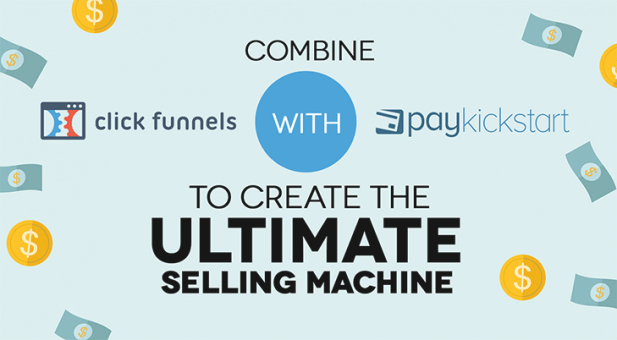Subscription growth hack (by PayKickstart)
Facebook Group - 3,932 members
Visit Group
Only when your hosting provider fails you, you realize what a huge chunk of your e-store success depends on web hosting.
There are tons of hosting providers out there and numerous spokes they can possibly put in your wheels. To keep your business running smoothly, you need as few issues with the website as possible, and preferably none.
During the last few years, I’ve worked on dozens of e-commerce projects, and tons of issues were solved, part of them related to web hosting
Let’s talk about the most common problems that hosting providers so often create for their users.

When it comes to an e-commerce website, secure payments are your top priority. Making sure that your payment system has the best reviews in the world is one of your very first steps.
But then, there are tons of other security-related questions that will put you in a super difficult position if not answered on time.
So, how much protection does your hosting provider offer?
An SSL certificate is to ensure secure data exchange between the user and your server. Even if the payments are super secure, your customers most likely wouldn’t like to reveal their personal information or their cart information either. That’s why it’s essential for you to get an SSL certificate.
A reliable backup service, as well as host-side backups, are a must-have for your website.
Make sure to choose the best service out there! You can spend all your time securing your website 24/7 but the unexpected happens all the time. So please please keep a safe backup both on your hard drive and on a reliable cloud. See if your hosting provider makes that easy.
Your website can always be under attack, and unless that’s a full-scale attack locking you out or altering your main mages, there’s always a chance that you might be missing one right now. Find a hosting provider that offers regular security checks or integrate a third-party service.
Is low uptime a security issue? Not entirely. But it’s often caused by your provider’s own security issues, and results you would face are not so different.
See, if an attacker brings your website down, a backup will help instantly in most cases. If your hosting provider is letting you down, what are your options? Migrate? Sure, but you can’t do that in 3 minutes. Look for an option with at least 99.99% uptime to feel secure.
Shared hosting isn’t a bad thing in and of itself. But most of the shared options are more vulnerable than you can take. Websites are often not entirely isolated from one another, and a security issue that one of them has can affect its “neighbors”. Or a visitor overage on one site can limit the other’s traffic.
But there’s a great alternative to shared hosting among managed options that are hosted on a cloud. Here, websites are separated into virtual containers that work just like separate servers. So choosing your hosting provider, see if the rest of hosted websites won’t conflict with yours.
Again, a secure payment system is an essential part of an e-commerce website security, but other security issues can make you lose access to your website or simply get it down which is like having a fully-staffed offline store robbed or closed indefinitely.
Oh, and don’t forget to set a secure password and change it regularly. Whatever you pay for a great hosting and the perfect payment gateway, it will go to waste if you’re not careful enough.

A slow website is a top reason for 51% of online customers from the US to abandon a purchase.
So, how fast does your website run?
And how do you optimize its speed?
Website speed depends on a huge number of factors:
You should optimize all of these non-stop in order to keep your store running smoothly.
But hosting is something you can’t change every day. So you should make this decision very carefully, hoping that you won’t ever have a reason to change it. Scroll through every user review and feedback, see how fast their websites run and how the tech support of the hosting provider helps solve speed issues.
When you’re running your eCommerce business, there are tons of integrations you may need at one stage or another.
A new payment method becomes popular every once in a while, and there are tons of tools for tracking, optimizing, and simplifying the sales.
It’s crucial to know that whatever you decide to integrate, is entirely compatible with your hosting platform. It must create exactly 0 issues when it comes to optimal sales. Believe me, as hard as it is to find a worthy hosting platform, it’s often harder to find your best sales optimization tool.
Moreover, for content management platforms (CMS), there are tons of widgets, plugins, templates, and extensions that are an absolute necessity for several niches.
But as an e-commerce website, compatibility with your preferred payment gateways should be your top priority. Technically, a problem can hardly ever occur while integrating the gateway. The issue can be between your host’s and gateway’s terms of service. When your host creates problems with your payments, you may as well own half a store.
You won’t believe how often it happens. Keeping you from receiving your payments for various reasons is super common especially for locked-in platforms. Speaking of which, let’s get to the next point.

When it comes to web hosting, being locked-in means that a provider leaves no option for you to migrate elsewhere.
Let me explain. There are several platforms that offer web hosting, website builders, a wide choice of templates to build on, and a content management system.
An all-in-one platform is a great solution, especially for a small business. There’s just one vendor whom you pay; no specialist is required for creating and maintaining your website, and it’s all just super-fast, compatible, and easy.
But if you choose an all-in-one platform, make sure it’s not locked-in. Make sure you can choose the components you want to use and get rid of the ones that don’t work for you.
Locking users in is a policy many vendors use trying to monopolize the market. Never fall for that trick.
Basically, here’s how it works. You purchase a package that gives you anything you need for your new e-commerce website. You create it in a few minutes and start using your incredibly beautiful and functional e-store.
Then comes a day when your demands for the hosting change. Say, you need a larger package or a more secure one. Or you’re just no longer happy with your current host and are out there shopping for options. None of these must ever become a problem if your current hosting is reliable in the first place. Because if it does, your only remaining option is to create a new website from scratch. Not cool.
Before you check out from your hosting purchase, make sure you have an “escape plan”. For example, it’s always great to know that you can use an open-source CMS. If your website’s on an open-source content management system like WordPress, it’s very hard to keep you from downloading all your website files and taking them elsewhere.
Or, you can just use hosting that’s separate from the builder and CMS and put a little more effort into creating the website.
So what kind of hosting do you want for your e-commerce site?
You want a hosting provider that will never cause you any troubles along the way, and if something happens, you can find instant support.
Here’s a checklist of what my ideal hosting provider offers.
Better yet, look for one that offers a free trial. There are very few hosting providers that offer one, so if everything else looks perfect, go ahead. And look thoroughly through all customer feedback. There are quite a few subreddits dedicated to hosting and related issues. When in doubt, go there and ask if anyone has tried what you want to try.
Ani is the blog manager at 10Web — a platform for building, hosting, and managing WordPress websites. She’s been using WordPress since 2011 and writing about it for the last couple of years. You can always have a chat with Ani in the WordPress Family Facebook community.
Read More About Armine Hayrapetyan